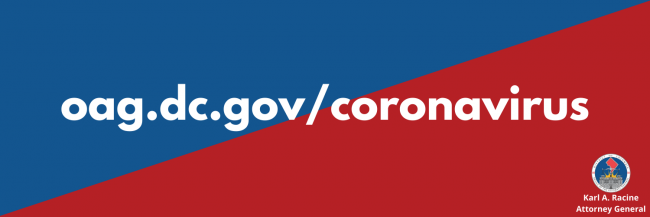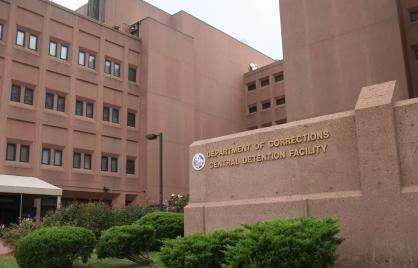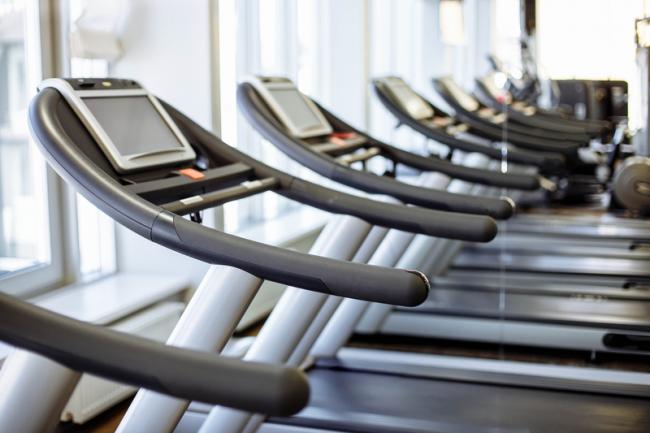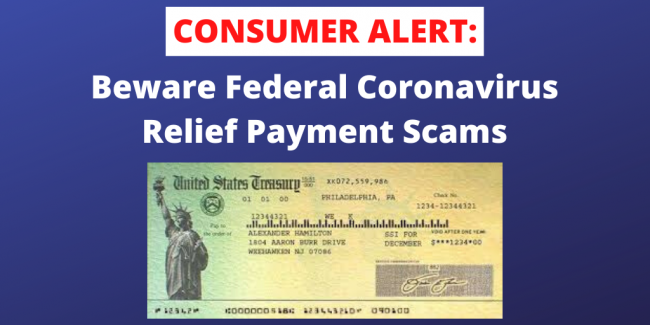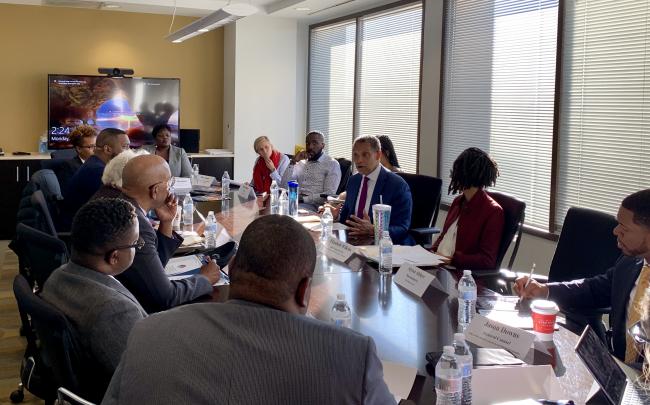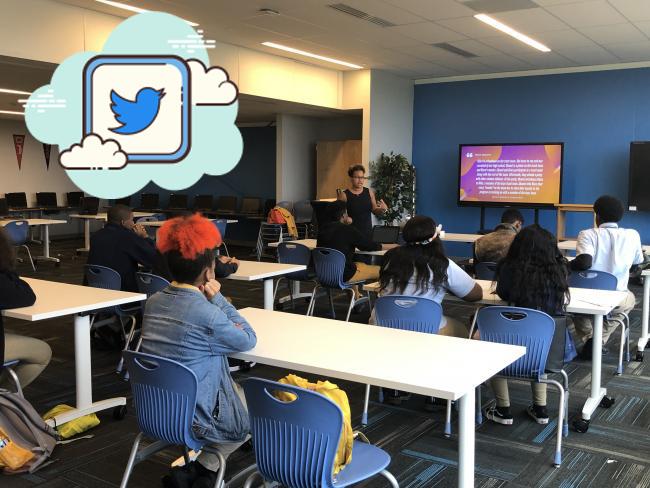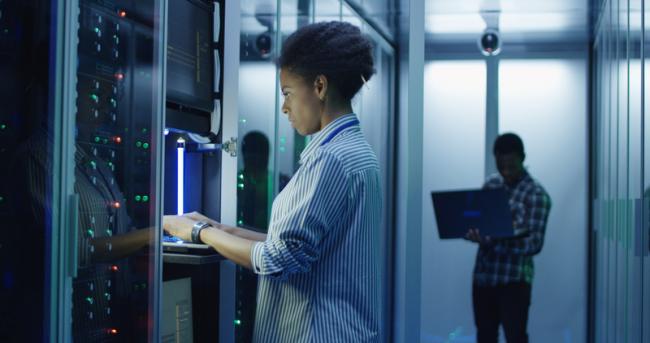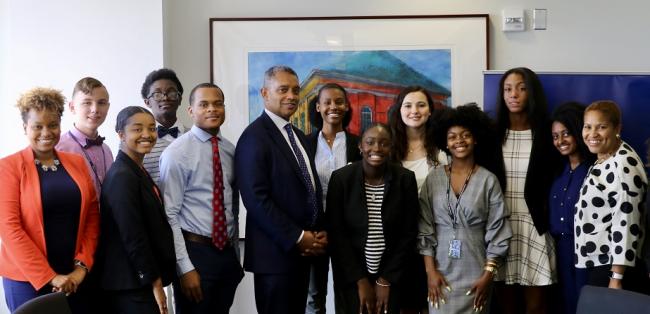Newsletter: New Emergency Protections for D.C. Residents
Click here to sign up for OAG's newsletter.
We’re over a month into the coronavirus (COVID-19) pandemic, and I know how much fear and uncertainty District residents are experiencing. I want our community to know that the Office of the Attorney General (OAG) is on your side and doing everything we can to help you stay on your feet.
Last week, the D.C. Council passed a new slate of COVID-19 consumer protections. OAG worked collaboratively with our partners throughout government to ensure the emergency legislation meets the urgent needs of District consumers, workers, business owners, and our most vulnerable residents. Following feedback our office received from District consumers, the labor and business community, and other community stakeholders, we successfully advocated for several key provisions, including:
- Establishing funeral service consumer protection measures: To ensure grieving families are treated fairly, the legislation creates a Funeral Bill of Rights requiring pricing transparency, which OAG will monitor.
- Enhancing OAG’s civil rights enforcement authority: The legislation gives OAG authority to pursue discrimination cases by seeking subpoenas, along with injunctive relief and obtaining maximum civil penalties for each action that violates the District’s Human Rights Act.
- Prohibiting certain debt collection practices: The legislation prohibits debt collectors from initiating, filing or threatening new collection lawsuits; visiting consumers’ homes; and repossessing a vehicle, among other consumer protections.
- Authorizing electronic wills: The legislation allows District residents to create a will with a witness present via video chat, with satisfactory audio and visual capacity.
If you believe you have been scammed, defrauded, or treated unfairly by a business, submit your complaint to OAG by calling (202) 442-9828, emailing Consumer.Protection@dc.gov, or submitting a complaint online.
During this most anxious time, know that our office is enforcing the law against wrongdoers who seek to exploit District residents during this crisis. Please stay home, continue social distancing, and stay healthy. Together, we will get through this.

Karl A. Racine
Attorney General
Fairness, Justice and Public Safety
AG Racine explained in the Washington Post how OAG has moved to reduce the number of people held in the D.C. Department of Corrections (DOC) to protect public safety and prevent additional COVID-19 deaths among incarcerated residents. OAG asked the Court to release those held at DOC on OAG charges after evaluating which cases did not appear to pose a danger to the community. Now, 65% of those previously jailed are no longer in custody. For those accused of nonviolent misdemeanor offenses, OAG worked with law enforcement partners to allow police to issue citations and notices to appear in court at a future date—rather than bring those individuals to jail. These moves are in line with calls from AG Racine and a coalition of prosecutors led by Fair and Just Prosecution to address safety at jails and prisons across the nation. This pandemic requires good-faith adjustments to our criminal justice system to ensure the safety of the public, as well as that of the police, incarcerated people and those who guard them.
WIN: Gyms Freeze Memberships During Coronavirus Closures
In good news for gym-goers, Washington Sports Club announced on April 8, 2020 that it will freeze all memberships while its facilities are closed during COVID-19. This move follows AG Racine’s request to the company last week to freeze all membership dues, honor cancellation requests, and stop charging change fees. While OAG is working with the company to address other issues, this is an important first step to make sure consumers are protected moving forward. If you have a complaint about a gym or other membership charging you while you cannot access their services during the COVID-19 crisis, contact our office by calling (202) 442-9828, emailing Consumer.Protection@dc.gov, or submitting a complaint online.
Tips to Avoid Getting Hacked During Video Chats
During the COVID-19 pandemic, the drastic increase in use of video chat software—Zoom, Microsoft Teams, WebEx, Google Hangouts, FaceTime, and Skype—has also brought reports of hackers gaining access to and disrupting video chats. It is crucial that users learn the security features of the applications they are using and remain vigilant to protect their personal and business information while video chatting. OAG has also communicated with providers of these services and is continuing to monitor for reports of security failures to ensure software developers are not jeopardizing their users’ privacy. Follow these practical security steps to keep video chats private and protect your personal information.
Consumer Alert: Stimulus Check Scam
As early as this week, millions of eligible Americans will begin receiving one-time emergency COVID-19 payments from the federal government—but beware of fraud! Scammers will use these one-time payments as opportunity to try to steal your money or personal information. Remember, most people DO NOT need to do anything to receive payment or pay any fees to receive payment. You also should not provide personal information via text, email, phone or social media or to someone you don’t know. Learn how to spot these scams and keep your money and information safe. Report any scams to OAG by calling (202) 442-9828, emailing Consumer.Protection@dc.gov, or submitting a complaint online.
For more consumer protection tips, browse our previous consumer alerts:
- Guarding Against Pepco Scams
- Protecting District Seniors from Financial Exploitation and Abuse
- Fighting Discrimination During COVID-19
- New Emergency Protections for DC Residents
- OAG’s Comprehensive Consumer Alert
DC Faith Leaders: Join OAG's Tele-Town Hall on Friday, 4/17
OAG invites District faith leaders to join a COVID-19 Tele-Town Hall on Friday, April 17, from 1:00 p.m. to 2:00 p.m. to learn about protections for workers, consumers and tenants during this public health emergency, answer their questions, and hear their congregations' concerns. To join the Tele-Townhall, call OAG’s toll-free number at 877-229-8493 and use the Conference ID 119359. To RSVP or for any questions, email OAGCommunity@dc.gov. You can also listen to audio recordings and read transcripts of previous tele-town halls by visiting oag.dc.gov/coronavirus.
District Youth: Let's Chat
In response to the COVID-19 public health emergency and social distancing guidelines, OAG has shifted to virtual programs, including weekly social media chats, to ensure we continue robust and educational conversations with D.C. youth. Every Tuesday, OAG hosts an #AskDCOAG Twitter chat for students to engage with local and national experts on important issues to young people and families. So far, OAG has engaged students on how to manage intra-family conflict while social distancing, spotting and stopping discrimination, and how to recognize and prevent child abuse. Join us on April 14 at 12:00pm ET for our #ConsentisKeyDC chat about consent and sexual assault by following @AGKarlRacine on Twitter!
Stopping Discrimination in Publicly-Funded Contracting
Many District workers are employed by government contractors, and vital to protecting them is strong federal enforcement of antidiscrimination laws in publicly-funded contracting. That’s why AG Racine, along with eight Attorneys General, has urged the Court to uphold the U.S. Department of Labor’s (DOL) power to fight employment discrimination nationwide. This federal enforcement is crucial and has resolved discrimination matters affecting more than 24,000 employees in District alone over the past five years. If you experience any form of discrimination, you can report it to our office by calling (202) 727-3400, emailing OAGCivilRights@dc.gov, or filling out our online form.
Apply to Join OAG's High School Advisory Council
OAG is now accepting applications for its 2020 High School Advisory Council, a paid program where students analyze real world problems, build their decision-making skills, and discuss policy recommendations with the Attorney General. All District high school students—DCPS, public charter and private—are welcome to apply for this competitive program. Learn more about HSAC and apply to be part of the 2020 cohort.

